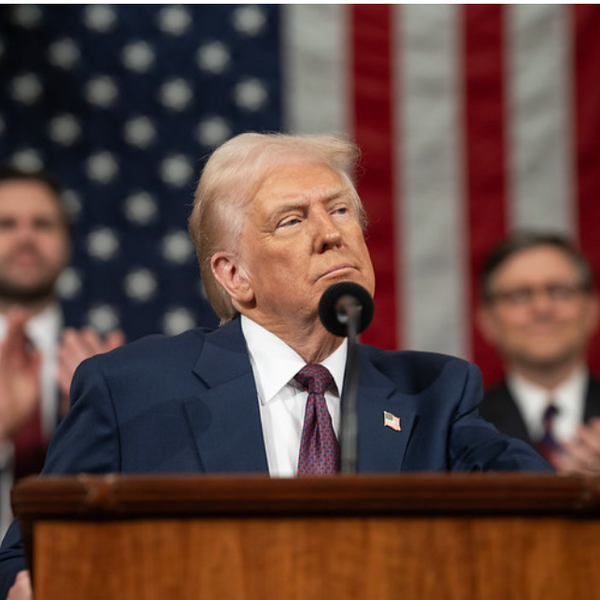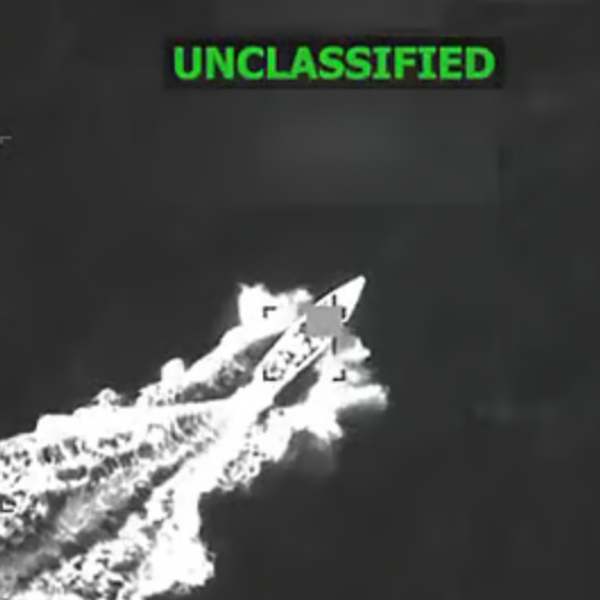WASHINGTON, District of Columbia (AFP) – Four decades ago, a young veteran won plaudits for his fierce denunciation of the Vietnam War. Now John Kerry is back in Congress as chief advocate for plans to unleash U.S. firepower on Syria.
In a twist of fate, the once hero of the anti-war movement has in past days become the very public voice of calls by the Obama administration to punish the regime of Syrian President Bashar al-Assad for what Washington says is its unquestionable use of chemical weapons.
Back in 1971 fresh from the horrors of the war in Southeast Asia where he served as a naval lieutenant, Kerry led a group of Vietnam Veterans Against the War to testify before emotional congressional hearings about the conflict.
“We found most people didn’t even know the difference between communism and democracy. They only wanted to work in rice paddies without helicopters strafing them and bombs with napalm burning their villages and tearing their country apart,” Kerry told the then members of the Senate Foreign Relations committee.
“How do you ask a man to be the last man to die in Vietnam? How do you ask a man to be the last man to die for a mistake?” he agonized.
Yet on Tuesday, the now silver-haired Kerry, who turns 70 in December, was back in front of the committee in his role as secretary of state with a fresh mission — to persuade lawmakers to fire missiles at Syrian targets.
And he pointed to the weight of history, arguing the Assad regime could not be allowed to act with impunity for using what the U.S. says was sarin gas in an August 21 attack on a Damascus suburb killing hundreds of people.
Adolf Hitler, late Iraqi dictator Saddam Hussein, Assad and the leader of a Japanese cult were the only figures in history so far to use sarin gas, he said.
“History is full of opportunity of moments where someone didn’t stand up and act when it made a difference,” the top U.S. diplomat said.
“If the United States… knowing that we’ve drawn a line that the world has drawn with us, is unwilling to stand up and confront that, it is an absolute certainty that gas will proliferate,” he warned.
Obama’s plan for “limited” strikes to degrade Assad’s military capability was not a declaration of war on Syria, Kerry insisted.
Sitting next to him was Defense Secretary Chuck Hagel, also a Vietnam vet, while from the benches opposite they were grilled by Republican Senator John McCain, who was imprisoned and tortured in the jail dubbed the Hanoi Hilton.
“There’s not one of us who doesn’t understand what going to war means, and we don’t want to go to war. We don’t believe we are going to war in the classic sense of taking American troops and America to war,” Kerry said.
When in an echo of his youthful protest, a demonstrator shouted out against a war in Syria, Kerry recalled his earlier testimony.
“You know the first time I testified before this committee, when I was 27 years old, I had feelings very similar to that protester,” he said. “And I would just say that is exactly why it is so important that we are all here having this debate… and I think we all can respect those who have a different point of view.”
Despite the specter of America’s recent history, including the invasions of Iraq and Afghanistan, Kerry said: “In my view, the world cannot ignore the inhumanity and the horror of this act.”
And he promised the U.S. case against the Assad regime was solid, saying: “I remember Iraq” adding neither he or Hagel would ask “any member of Congress to take a vote on faulty intelligence.”
“That is why our intelligence community has scrubbed and rescrubbed the evidence,” he said.
While Kerry voted against the first Gulf War, he initially voted to give then president George W. Bush authority to invade Iraq in 2003 before then changing his stance.
He insisted Tuesday: “I do not take our responsibility to authorize military force lightly or make such decisions easily. But today I support the president’s decision to use military force in the face of this horrific crime against humanity.”
He stressed however: “We all agree, there will be no American boots on the ground.”
Lawmakers appeared to have begun heeding the Obama administration’s call, with a resolution drafted late Tuesday which would limit any military intervention to 90 days and would ban any deployment of ground troops.








